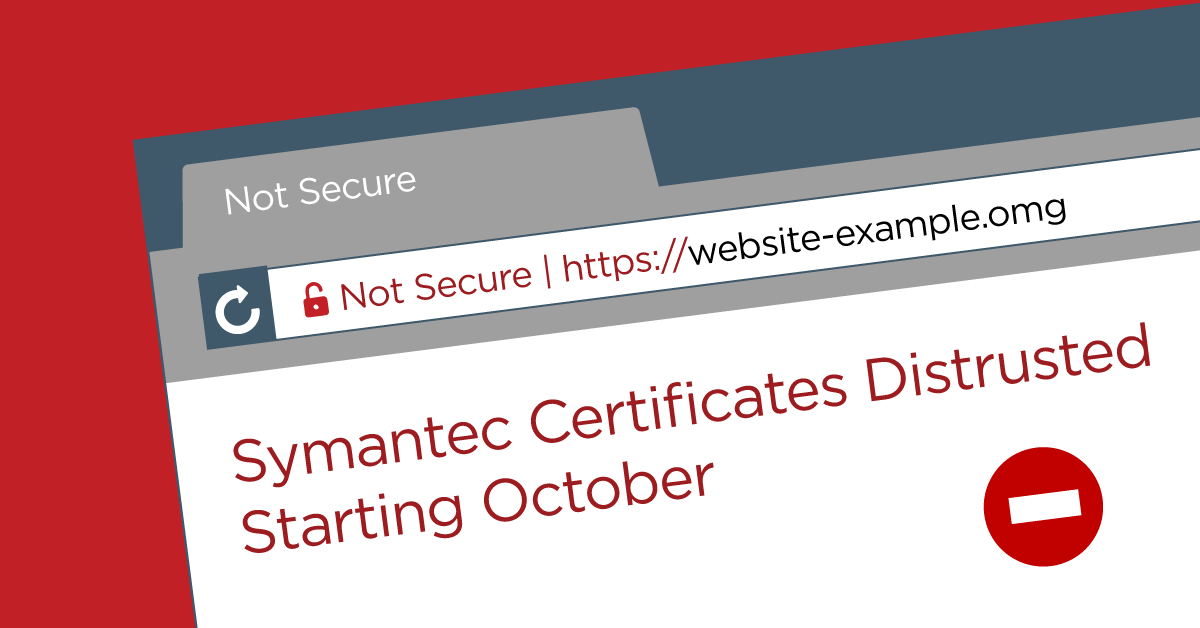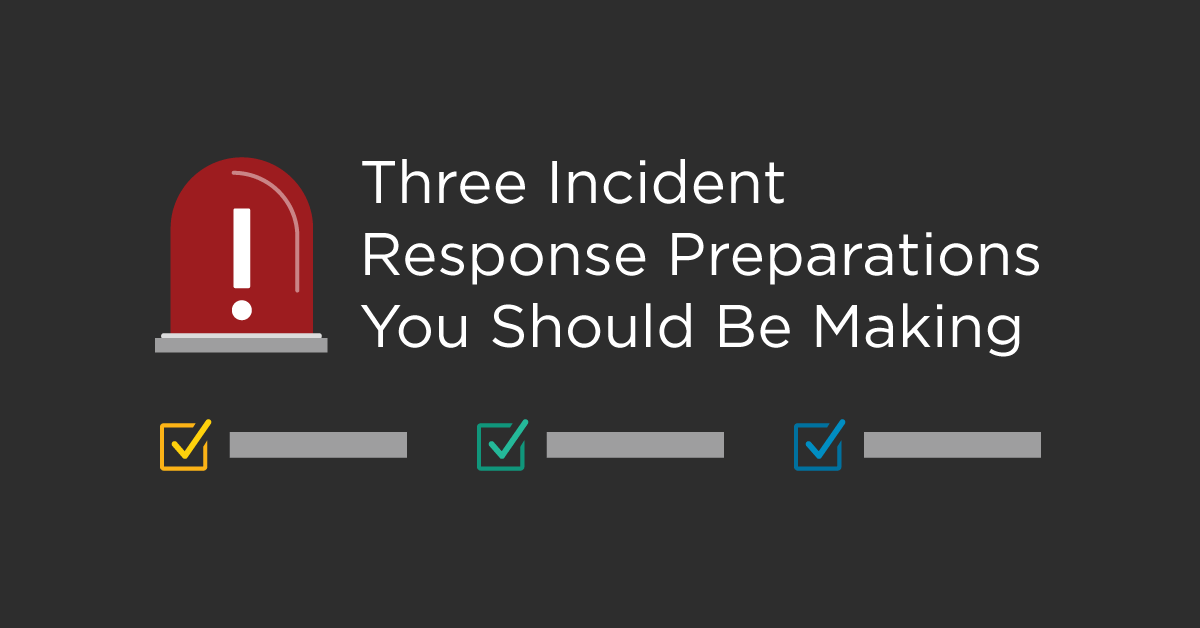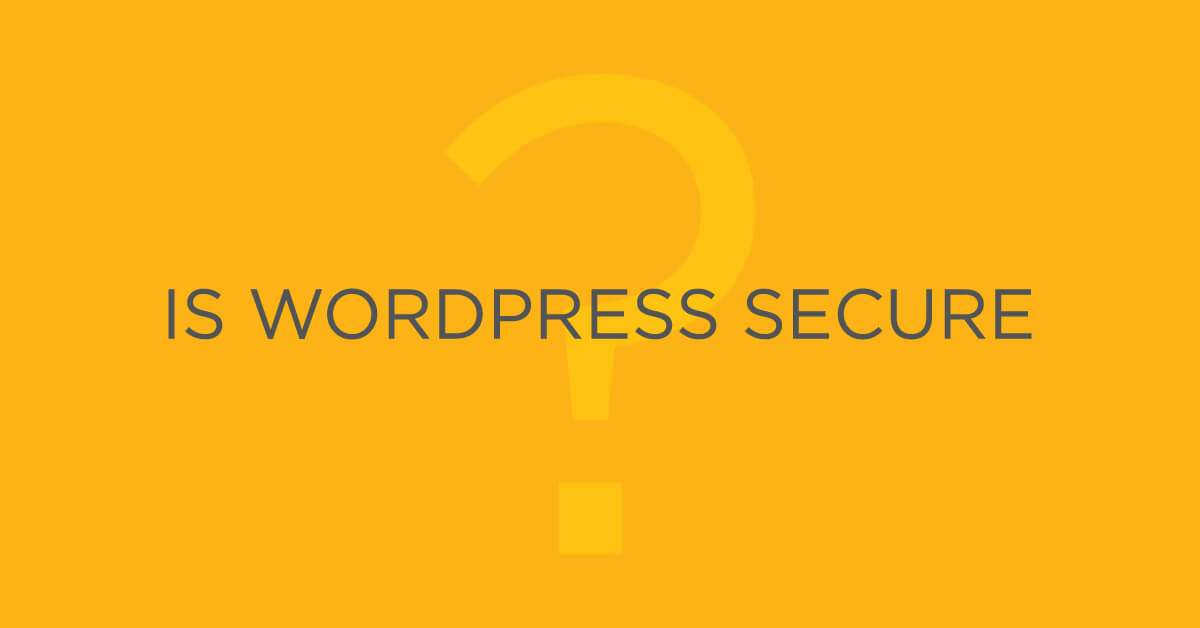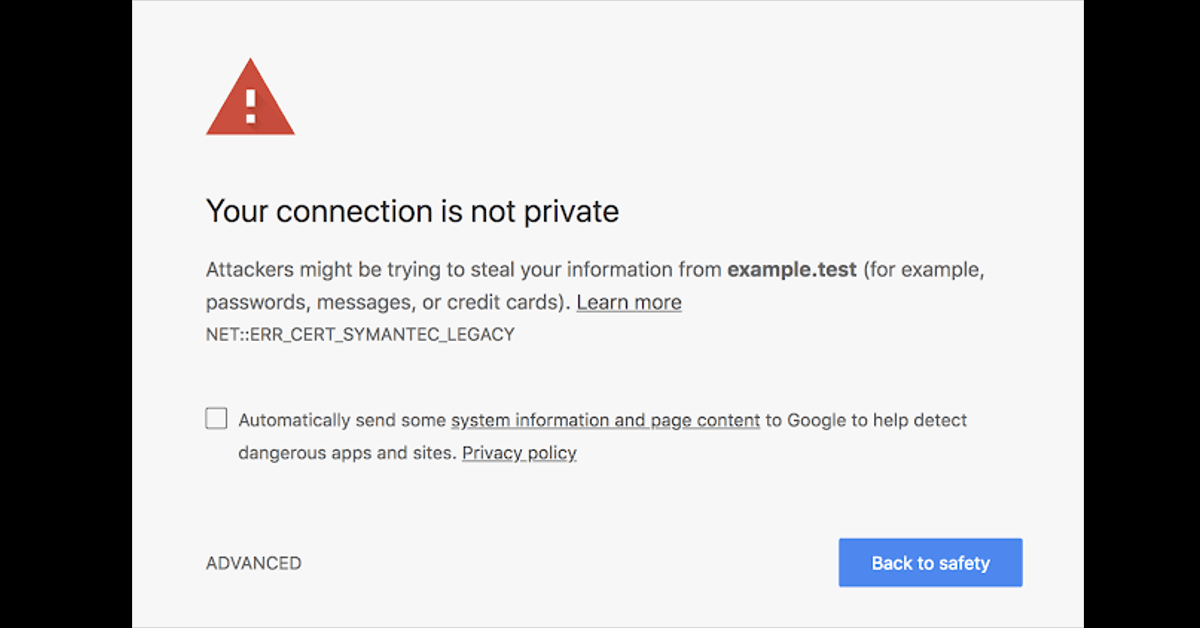This site uses cookies in accordance with our Privacy Policy.
Wordfence Research and News
Category: General Security

Three WordPress Security Mistakes You Didn’t Realize You Made
Considering the amount of malicious activity that takes place on the internet, it’s no surprise that successful attacks on WordPress sites are launched across a wide variety of vectors.

Yes, You Should Probably Have A TLS Certificate
Last week’s article covering the decision to distrust Symantec-issued TLS certificates generated a great response from our readers.

Reminder: Popular Browsers To Distrust Symantec SSL/TLS Certificates Starting In October
This is a final reminder that legacy TLS certificates issued by Symantec, including those issued by authorities like Thawte, Geotrust, and RapidSSL which used Symantec as a central authority, will be distrusted by both Google Chrome and Mozilla Firefox beginning in October.
PSA: Multiple Vulnerabilities Present In Firefox 61
In an advisory published yesterday, Mozilla disclosed the presence of nine security flaws in Firefox 61 which have been patched in the latest release of the browser.

Three Incident Response Preparations You Should Be Making
In the context of cybersecurity, the adage “An ounce of prevention is worth a pound of cure” is a massive understatement.

Top Tools for Security Analysts in 2018
Last spring, after discussing the tools and tech used by our team, we published a list of 51 Tools for Security Analysts.

Is WordPress Secure?
I recently got a call from a friend I haven’t seen for a while asking me if I’d like to grab a coffee.
PSA: Highly Critical Drupal Core Vulnerability Impacts Over 1 Million Sites
Yesterday the Drupal security team announced a highly critical unauthenticated remote code execution vulnerability in Drupal core.

PSA: Replace Your SSL/TLS Certs by Symantec, Thawte, VeriSign, Equifax, GeoTrust and RapidSSL
This is a public service announcement and a reminder to site owners.

New Guides From Wordfence To Help Clean a Hacked Website
At Wordfence, one of our goals is to empower you as much as possible to be self-sufficient, at no additional cost.
